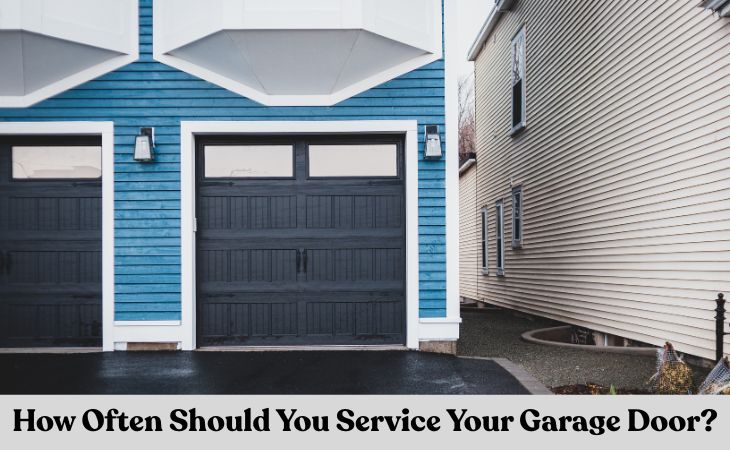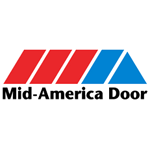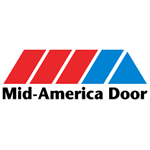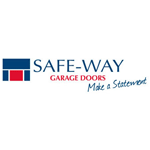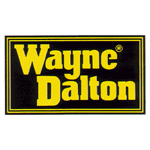When it comes to maintaining a safe, smooth-operating garage system, one of the most common questions homeowners ask is: How often should you service your garage door? Whether your door is heavily used or mostly idle, scheduling timely maintenance is key to avoiding costly repairs and ensuring longevity. If you’re in Queens, there’s no shortage of options; you just need to know when to call professionals like those at Garage Door Repair Queens.
In this article, we’ll explore recommended service intervals, what affects that schedule, the benefits of regular care, signs your garage door needs attention, and answer frequently asked questions.
Why Routine Garage Door Servicing Matters
Before diving into timelines, let’s understand why servicing is essential. Over time, many components of a garage door springs, cables, rollers, tracks, hinges, and the opener suffer wear and tear. Dirt, rust, misalignment, loose bolts, and environmental stressors can compound issues. Regular inspection and maintenance help:
- Prevent sudden breakdowns
- Extend the lifespan of parts
- Maintain safety and security
- Improve performance and quietness
- Save money on major repairs later
A well-maintained garage door system runs smoother, safer, and more reliably.
Recommended Service Frequency: A General Guide
1. Once Annually for Average Use
For most residential garage doors, the rule of thumb is to have a professional service performed at least once per year. This includes checking balance, lubricating moving parts, adjusting tension, testing safety sensors, tightening hardware, and inspecting for wear.
Annual servicing is sufficient when the door sees routine use (a few cycles per day) and there are no extreme environmental stresses.
2. Twice a Year for High Use or Harsh Conditions
If your garage door is used heavily (e.g. many times per day), or if it’s exposed to extreme weather, moisture, or salt air, consider scheduling a maintenance check every six months. Some technicians advocate a bi-annual service to catch problems early.
Also, commercial or industrial doors typically need more frequent attention every few months is not uncommon.
3. Seasonal Tune-Ups (Spring & Fall)
Another practical approach is to service in spring and fall. Before winter arrives, a tune-up ensures your door is prepared for cold, ice, and contraction. In spring, servicing addresses the wear from winter and helps prepare for humid or rainy months. This schedule also helps align with common maintenance cycles and improves peace of mind.
4. By Cycle Count (3,000 Opening Cycles Guideline)
Some professionals recommend servicing every 3,000 cycles of opening and closing, regardless of elapsed time. While practical in theory, most homeowners can’t track cycles precisely so using the time-based intervals above is more realistic.
Factors That Affect Servicing Frequency
Your ideal maintenance schedule depends on these variables:
| Factor | Impact on Service Frequency |
| Usage / traffic | Frequent operation accelerates wear (rollers, springs) |
| Weather & environment | Extreme heat, cold, humidity, salt air demand more care |
| Door age & condition | Older or deteriorating doors may require more frequent checks |
| Type of door / components | Specialty doors or heavier materials may need extra attention |
| Previous repairs & modifications | Altered or replaced parts may need close monitoring |
Because these factors differ from house to house, it’s wise to tailor a service plan with a trusted technician.
What a Typical Garage Door Service Includes
A professional maintenance visit generally covers:
- Visual inspection of springs, cables, rollers, and tracks
- Testing balance and adjustment of spring tension
- Lubricating moving parts (rollers, hinges, tracks, pulleys)
- Tightening all nuts, bolts, and hardware
- Checking and aligning the garage door opener’s travel limits
- Testing safety sensors and auto-reverse functions
- Inspecting weather seals, bottom rubber, and alignment
- Checking wiring, remote controls, and electrical connections
If any parts are worn or failing, your technician may recommend repair or replacement during that visit potentially saving you from a bigger breakdown later.
When You Should Not Wait for Scheduled Servicing
Even with a regular maintenance schedule, watch for signs that demand immediate attention. Don’t wait until the next annual check if you notice:
- Loud grinding, squeaking, scraping or banging noises
- Jerky or uneven movement during open/close
- Door reversing mid-cycle or not fully closing
- Sagging door panels, misalignment, or tracking issues
- Frayed cables, visible rust, or broken springs
- Remote or sensor malfunction, slow opener response
If any of these symptoms arise, contact your local Garage Door Repair Queens expert right away.
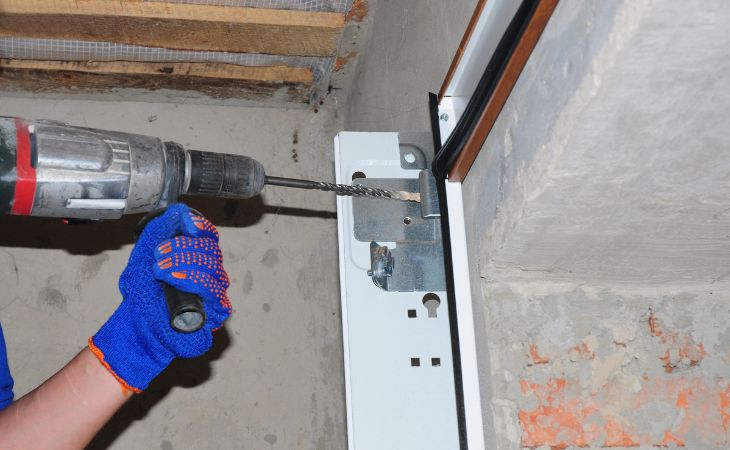
Why Choose a Local Queens Service (e.g. Garage Door Repair Queens)
Living in Queens means dealing with a unique climate, humidity, temperature swings, and building styles. A local, experienced technician knows how these conditions affect doors in neighborhoods like Astoria, Flushing, Jamaica, or Forest Hills. By hiring a Queens-based provider:
- You get quicker response times
- You benefit from familiarity with local building codes
- You can leverage regional expertise in parts selection
- You support a business that cares about customer reputation in your area
If you search for Garage Door Repair Queens, you’re likely to find professionals who are already serving your neighborhood and understand your specific needs.
Sample Service Plan (for a Typical Home in Queens)
- Spring (March/April) — Full service to address wear from winter; inspect, lubricate, test.
- Fall (September/October) — Pre-winter tune-up, adjust parts, check auto-reverse.
- Mid-year (optional) — If heavy usage or signs of wear appear, schedule another check.
This gives you 1–2 professional services annually, along with your own periodic inspections.
Final Thoughts
The answer to “How often should you service your garage door?” isn’t one-size-fits-all but a safe, effective baseline is once per year for moderate use, with semiannual checks for heavy usage or harsh climates. Seasonal tune-ups and vigilance for warning signs help avoid major breakdowns.
And if you live in Queens, schedule your maintenance or repair with us and visit our website to ensure faster, knowledgeable service tailored to your area’s conditions.
________________________________________________________________________________________________________________
FAQ: Frequently Asked Questions
Q1: Can I perform garage door maintenance myself?
A: Yes you can do basic checks, clean tracks, lubricate rollers, and tighten loose bolts. But high-tension springs, cable adjustments, or opener calibration should be handled by trained professionals for safety.
Q2: Does servicing really extend the life of my garage door?
A: Absolutely. Preventive maintenance helps detect small issues early, prevents component failure, and reduces strain on expensive parts. This saves money and prolongs operational life.
Q3: When should I call Garage Door Repair Queens outside of regular service?
A: At the first sign of unusual noise, rough movement, sensor failure, or if the door stops working altogether don’t wait.
Q4: Is it too late to start maintenance if my door is older or hasn’t been serviced in years?
A: It’s never too late. A professional can conduct a full diagnostic, repair or replace worn parts, and help set a maintenance plan going forward.
Q5: What’s the cost of a standard garage door tune-up?
A: Costs vary by region and condition, but typically a tune-up ranges between $100 and $250, depending on parts needed.

